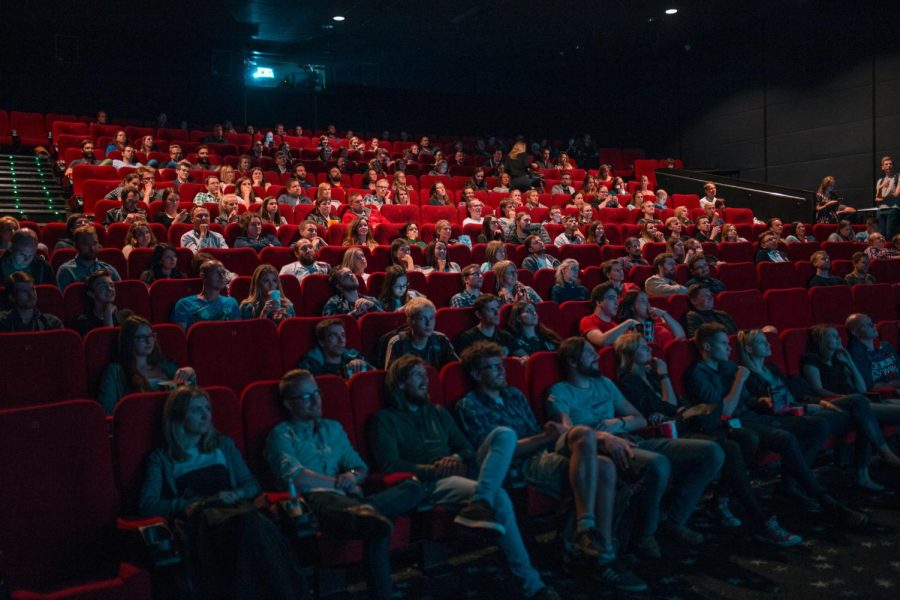It has been a rough year for the film industry, especially our local movie theaters. Due to the pandemic, it’s not safe to go to the movies anymore. During an interview with CNBC, the CEO of Cineworld stated “We are now like a grocery store shop that has no food to sell.” The company has over 9500 screens worldwide and as of October 5th, they were forced to temporarily shut down over 500 US movie theaters, including some in Hawaii.
Due to the pandemic, it is projected that in the next five years, the revenue produced by movies will have dropped by over 60%. Due to the lack of people going to movie theaters and the loss in potential revenue, many major production companies have delayed movies that were supposed to come out. Wonder Woman 1984, No Time to Die, and Soul are just a few examples of the dozens of movies that were pushed back. In fact, there have been such little movie releases, that some theaters have resorted to showing older movies at a discounted price. Added on to all these problems, there is another threat to the film business, streaming services.
For every loss that movie theaters movie theaters have had, streaming services have gained. Hulu, Disney Plus, HBO Go, and many other streaming services have seen subscriptions soar since the start of the pandemic. Netflix has seen its stocks rise by over 60% since the start of the year and the number is only expected to climb higher. The releases of films like Hamilton and Mulan, on Disney Plus, as well as TV shows like The Mandalorian boost their subscriber counts even higher. As a result of this, less people are going to theaters.
When asked about streaming services and theaters during the pandemic, a student replied that “It’s a matter of convenience and safety.” Like many others, he stated “I’d rather stay at home and have no risk of getting COVID.” Big streaming services have signed deals with movie producers so that they can release them directly. DC signed a deal with HBO to release Wonder Woman 1984 on their streaming platform this Christmas. Not having many big releases deters people from going to the theater even more, so how do theaters cope with these losses?
Consolidated Theatres, the main movie theater company in Hawaii, has taken many measures to ensure the safety and protection of its patrons by coming out with new procedures to adapt to COVID. Moviegoers are no longer allowed to eat inside of the theaters, and as a result, they’ve had to make a take home menu. To help support their new form of income, they are currently giving coupons to anybody who visits the theater. They have also sent new guidelines to their employees and are following the advice of the CDC. Seat occupancy is being reduced and people will be seated at least two seats apart. They also installed sanitization stations and recommend that people buy tickets online rather than in person.
However, not many movie theater companies are as fortunate. Regal Cinemas has suspended all 8 of their movie theaters that they had in Hawaii indefinitely. Hundreds of workers were, without warning, jobless when they woke up the next day.
“That would be terrible,” remarked a student when asked about their thoughts on the matter, “I have so many memories going to the movies growing up.” Despite the theaters’ best efforts to stay open, they will inevitably shut down without the support of consumers and so we should support them in their mission to stay open. While it may not be safe yet to visit movie theaters in person, we can still help by donating to different organizations. To learn more about charities that help out these struggling businesses , visit this website: https://www.indiewire.com/2020/04/coronavirus-help-film-industry-charity-virtual-cinema-1202226213/. Movie theaters are very important to a lot of people so we should make the effort to save them.

